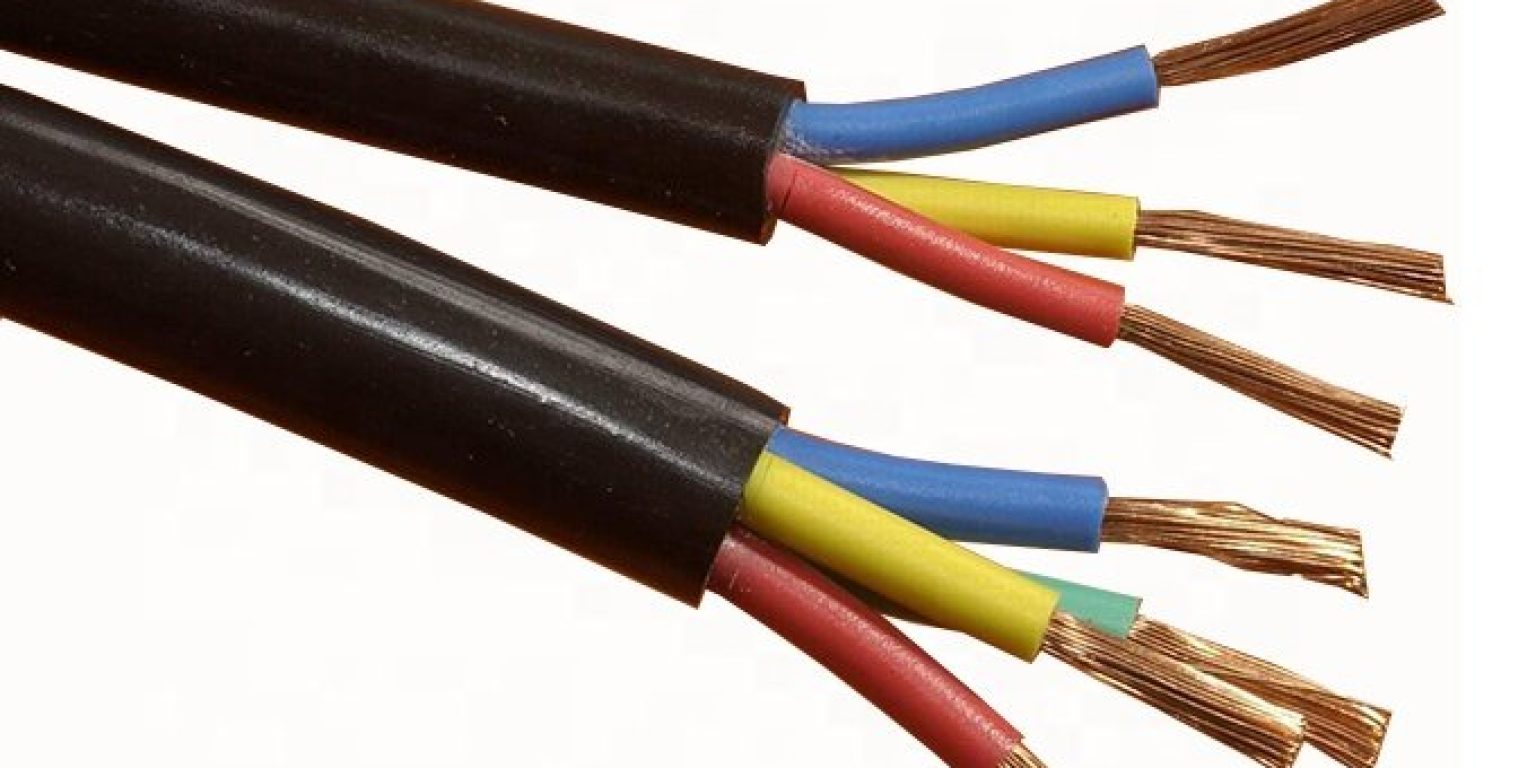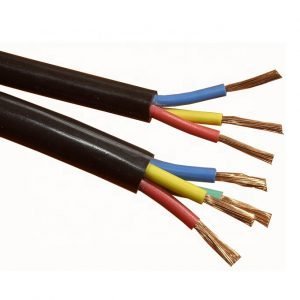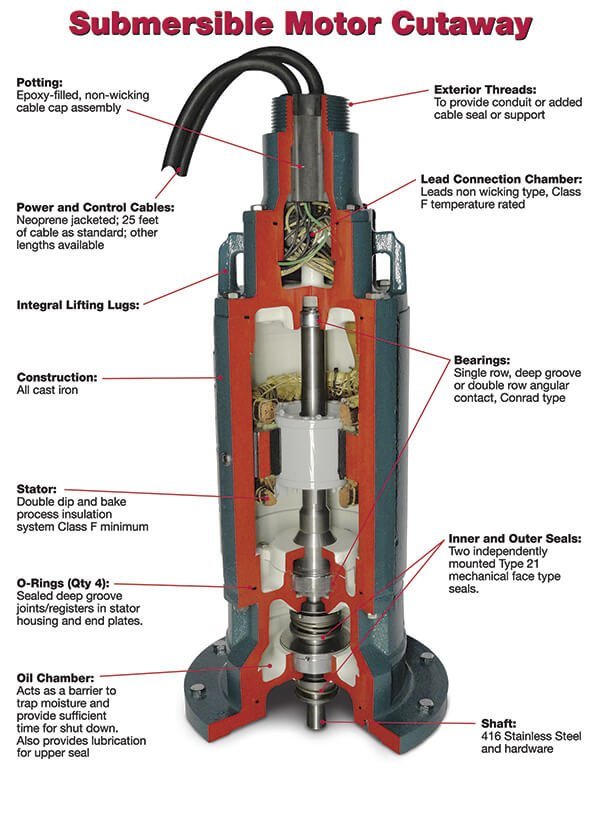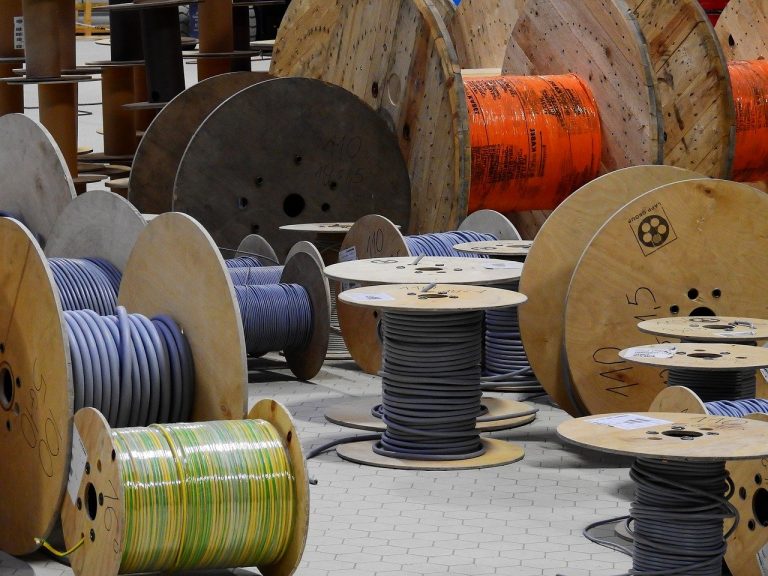Because of their unique character, electrical, engineering and mechanical projects, that have a submerged component to them, require special types of cables and wires. The use of a submersible cable is ideal for applications where pumps, engines and other equipment must operate submerged in water, liquids or other fluids.
In this post, we’ll explore the various dimensions of these special purpose cables, their characteristics and unique application. We’ll also touch upon where you should buy your cables, and what you should look for in a cable supplier.
1.What is a submersible cable?
These are special purpose cables that are ideal for supplying power to machinery and implements, such as pumps, irrigation and drainage equipment, that operate in submerged environments. So, why should an engineer or electrical designer insist on a submersible cable specification instead of any other type of cable?
Well, as noted in the definition above, these cables are ideal for use when the target equipment, structure or machinery have components submerged in liquid. That liquid might be water – fresh water, salt water or brackish water, oils, syrups or other types of fluids. Typically, if there is a risk that the cables and wires used might compromise the integrity of the submerged components of the project, then project sponsors should substitute a submersible cable for any other type of wire or cable.
2.What are the applications of submersible cables?
The submersible electrical cable is a very versatile type of product that has an array of applications. They typically feature an extra flexible construction, which are flame retardant and waterproof in nature. Because of these characteristics, the submersible pump cable is a great choice for application as lead wires for submersible motors.
More specific applications include uses in:
- Submersible pumps
- Irrigation equipment
- Dewatering tanks
- Wiring applications for equipment and structures located at wellheads and other waterways
- Pumps submerged in shallow and deep water
- Underwater pumps, motors, engines and turbines
Like any cable designed to carry electricity between point A and point B, these cables are a great choice for power transmission. More specifically, they work well when the requirement is to transmit electricity to and from submerged electrical equipment.
3.What is the type of the conductor used in Submersible Pump Cables?
Whether it’s a submersible flat cable or a round submersible cable that’s used, the type of conductor in the cable makes all the difference in cable efficiency and project (application) performance. So, what type of conductor is best suited for submersible cabling applications?
Well, copper is the most widely used alloy as conductors for cables in submerged environments. And why is that so? For several reasons, including:
- Copper brings with it a high-conductivity rating, so it makes a great conductor
- It is a very flexible and malleable material, and therefore it can easily bend and turn during submerged installations
- It’s natural resistance to heat and high-temperatures prevents overloading issues. That makes copper one of the most widely chosen conductors by the leading submersible pump manufacturers and designers alike
4.There are a variety of submersible pump cable types, including:
- 3 core flat cable. These are typically favored for well-submerged installations, including pumps
- Round cable. Ideal for sewerage and other waste water treatment pumps where there’s high acidity
- Flat rubber cables. Where the application supports pumps and other devices submerged in 500 meters of depth or more, these are the perfect cable of choice
- 3 core submersible cable. This type of submersible cable wire is often the go-to specification for submerged applications, regardless of the depth or location of the submerged pump
The choice of which one to use will likely depend on the type of application, and the specific environmental conditions of its use. Based on these factors, the engineer responsible for the project must identify specific characteristics of the conductor and the cable, and then determine which cable to use:
Some of the desirable characteristics that users must look for include:
- Waterproof and moisture resistance: This ensures that water or humidity don’t degrade the cables’ performance
- Abrasion resistance: This feature of the submersible cable wire limits the possibility of exposing the inner core of the cable as a result of wear and tear during installation or live operations
- Good electricity conductivity: Effective electrical conductivity is a feature that facilitates the efficient transmission of electricity through the cable. This then guarantees the most efficient performance of the submerged equipment
- Excellent insulation: Because these cables operate underground, or in other submerged environments, exceptional insulation is probably one of the most critical characteristics to look for. This guarantees that your cable lasts longer and delvers peak performance throughout its rated life
- High-temperature resistance: A submersible pump manufacturer may design his/her pumps to also function in high-temperature environments. It is imperative, therefore, that the cables used to support the pump include high temperature resistance qualities
Finally, a critical characteristic for submerged cables is fire retardance. High-temperature applications expose cables and wires to higher risk of fire. Additionally, some 24×7 applications might also generate significant heat during the natural process of operations. A cable’s high-quality fire-retardant characteristics mitigate those risks.
5.Where to buy your stock of submersible cable?
Clearly, the intended application (e.g. well water pump versus irrigation drain) determines which cable to buy, and where to source it from. However, it is also imperative that the cable manufacturer considers other factors in their submersible cable specification, including:
- Environmental conditions, including humidity, heat, acidity levels, pressure – all of which may impact the performance of the cable
- The need for cable flexibility in the installed application
- Voltage requirements of the target machinery or equipment
- Types of materials used for insulation in the cable
- The type of cable required for the application, for instance, submersible flat cable or a rounded submerged cable
- Requirements for specific standards and certification of the cable manufacturer or the cable design
Last, but not least, when sourcing cables and wires, submersible pump cable price plays a very important role. However, do not make pricing the main determination factor when you set out to buy your stock of cables. While the price is very important, a “cheap” cable that does not conform to many of the other specification requirements listed above, might not be such a good buy.
Choose your submersible cable supplier with care. Because these wires and cables support highly sensitive and mission critical applications, buying your stock from relatively unknown suppliers may compromise your project.
Last Updated on January 29, 2021 by Richard





